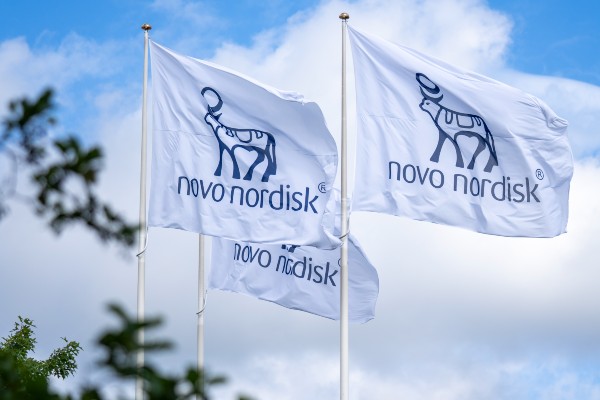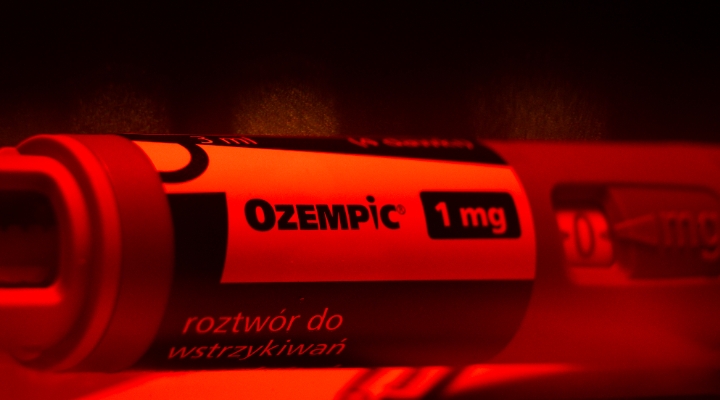
UK pharma company AstraZeneca (AZN) was the first company to make a significant breakthrough in the fight against coronavirus and is now the second largest company in the FTSE 100 with a market cap just under £90 billion. Rival GlaxoSmithKline (GSK), which is also producing a Covid-19 vaccine, is in the eighth largest company in the index. Income investors are likely to have an even higher exposure to these dividend-paying companies. But given that this is Big Pharma’s moment to shine, why have are share prices in the doldrums, and are there any alternatives in the space?
“For any retail investor, [if] you do have healthcare exposure, it’s probably biased towards those large-cap pharmaceutical stocks,” says BB Healthcare (BBH) trust manager Paul Major. These types of companies “don’t really generate any shareholder value”, he says. “There may be a nice dividend but the share price doesn’t do very much.”
Dividend Dependency
Most UK investors approach pharma companies from an income point of view, and that could be narrowing their horizons and ultimately harming their returns. From the viewpoint of capital allocation, dividends are a burden on these companies, says Major, and money handed to shareholders means less for R&D and innovation.
GlaxoSmithKline (GSK) has been top of Morningstar.co.uk’s list of high yielding FTSE shares for months, with an expected yield of around 6%, while rival AstraZeneca yields 3%. While investors have been bruised by energy and bank dividend cuts, pharma has been one of the last dependable sectors in the large-cap UK market and both stocks maintained their pay outs in 2020.
But Glaxo has just announced a change to its future dividend policy that has rattled some investors. Morningstar analyst Damien Conover thinks the dividend cut could help Glaxo increase investment in creating new drugs. “With less dividend payments, we expect investment in innovation to increase and ultimately lead to faster earnings growth and eventual dividend increases after 2022.” (Our article 6 Reasons to Ditch Dividends makes the case for looking elsewhere for income).
UK investors looking for higher returns would be much better off focusing on smaller, more dynamic companies, says BB Healthcare trust manager Paul Major. He focuses on innovative themes such as telemedicine, disease diagnostics, remote monitoring of patients, and robotics/AI surgery. He is also a fan of biotech “platform” companies; ones that don't produce a drug or treatment, but use technology to improve the workings of the healthcare system itself.
The managers of the 5-star rated International Biotechnology Trust (IBT) are not shunning large-caps – Gilead Sciences (GILD) is the second biggest holding – but they see the biggest opportunities in areas like rare and infectious diseases, oncology (cancer treatment) and problems related to the central nervous system.
Gilead is involved in some of the most innovative areas of medicine such as cell-based therapies, the trust managers say. Morningstar analysts assign the company a wide economic moat based on its HIV and Hepatitis treatments, and shares are trading below their fair value of $81.
Vaccines and Returns
Why aren't pharma companies share prices soaring? Despite all the attention lavished on the sector since Covid-19 struck, the breakthroughs it has made, and the likely huge sums to be spent on healthcare by governments in the coming years, Glaxo shares fell 20% in 2020 and Astra’s lost around 1%.
One factor is that producing the Covid-19 vaccine, while improving the public profile of a company, is expensive and labour intensive. Companies don’t want to be seen to be profiteering from something so important in the world’s battle against Covid-19. IBT manager Marek Poszepczynski says healthcare investing is cyclical anyway: biotech is now in fashion, whereas 20 years ago it was the big pharma names that were most sought after by investors. This is borne out when looking at the performance of Morningstar indices: the Morningstar Global Biotechnology Index grew nearly 40% last year but the Global Healthcare Index was up around 17%.




























